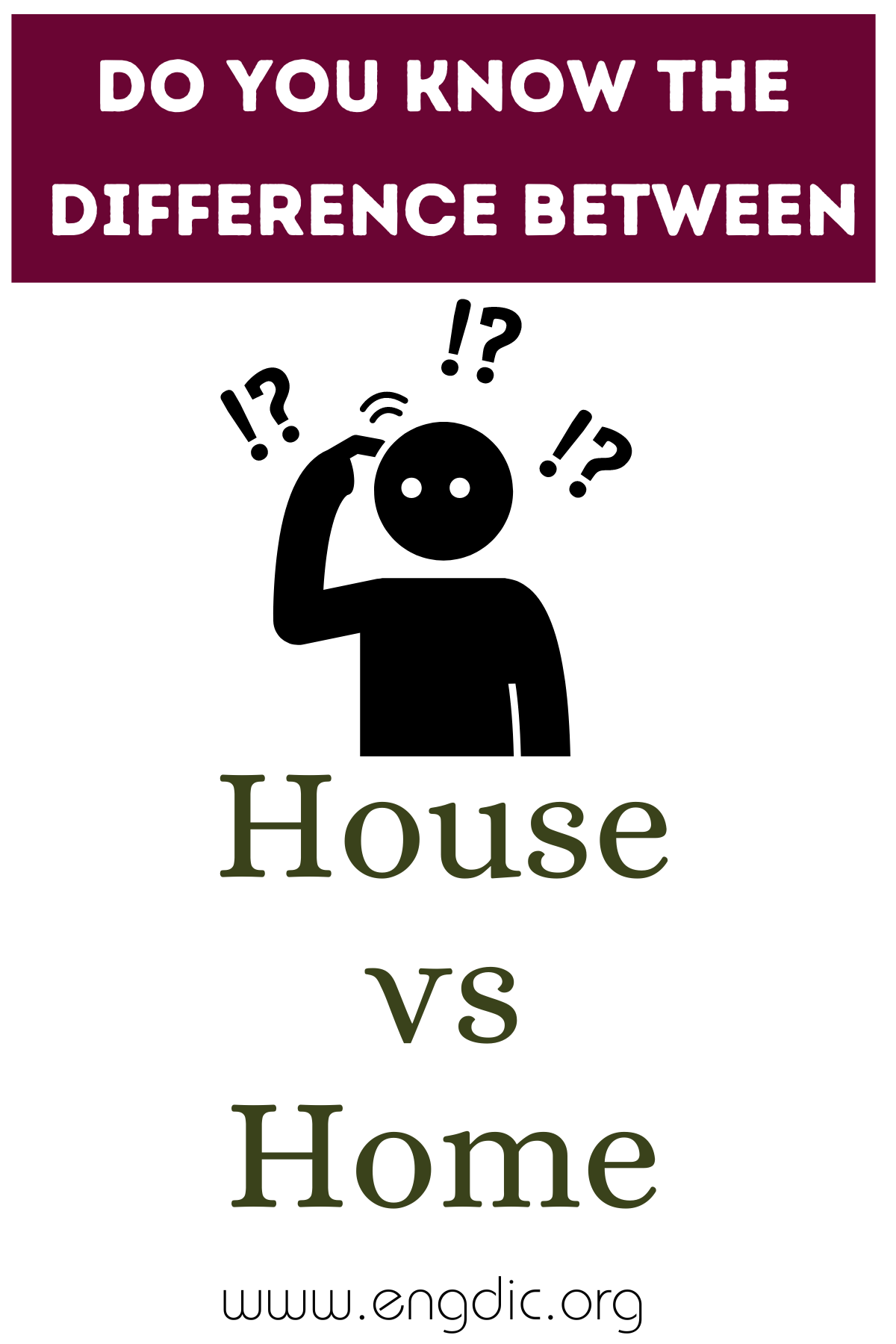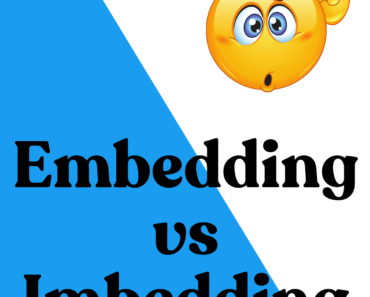A “house” is a structure meant for dwelling, typically referring to the physical building itself. In contrast, a “home” is where one finds comfort and emotional ties, often linked to feelings of belonging and safety. The difference lies in emotional significance: a house is a tangible asset, while a home is an intangible concept rooted in emotional connection.
A house becomes a home when filled with personal significance, memories, and familial ties, transforming the mere structure into a place of warmth and love.
House
- Definition: A building designed for human habitation, particularly a single-family residence.
- Usage (Structure): A house represents the physical building where people live. Example: “They bought a new house in the suburbs.”
- Usage (Real Estate): In the context of real estate, a house is often considered an investment. Example: “The house was valued at half a million dollars.”
- Usage (Legal): Legally, the term “house” might be used in property transactions. Example: “The deed for the house was transferred to the new owner.”
Home
- Definition: A place where one lives permanently, especially as a member of a family or household, embodying emotional attachment.
- Usage (Emotional Connection): A home evokes emotional warmth, security, and belonging. Example: “She felt at home in the small apartment she rented.”
- Usage (Family): The term “home” is often used to refer to a familial space. Example: “He returned home to visit his parents after several years.”
- Usage (Symbolic): Symbolically, “home” represents a place of refuge and safety. Example: “After a long journey, they finally found their way home.”







